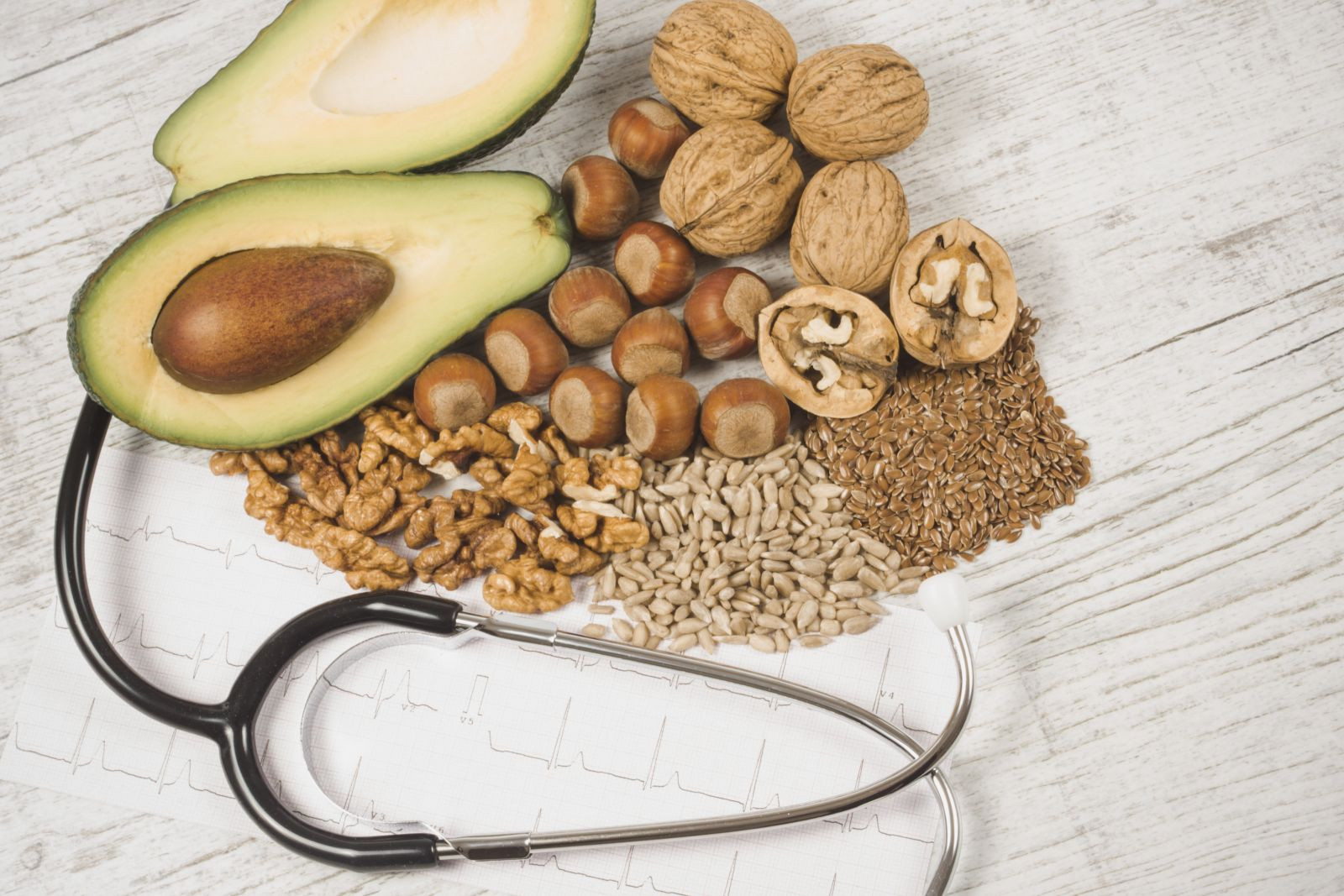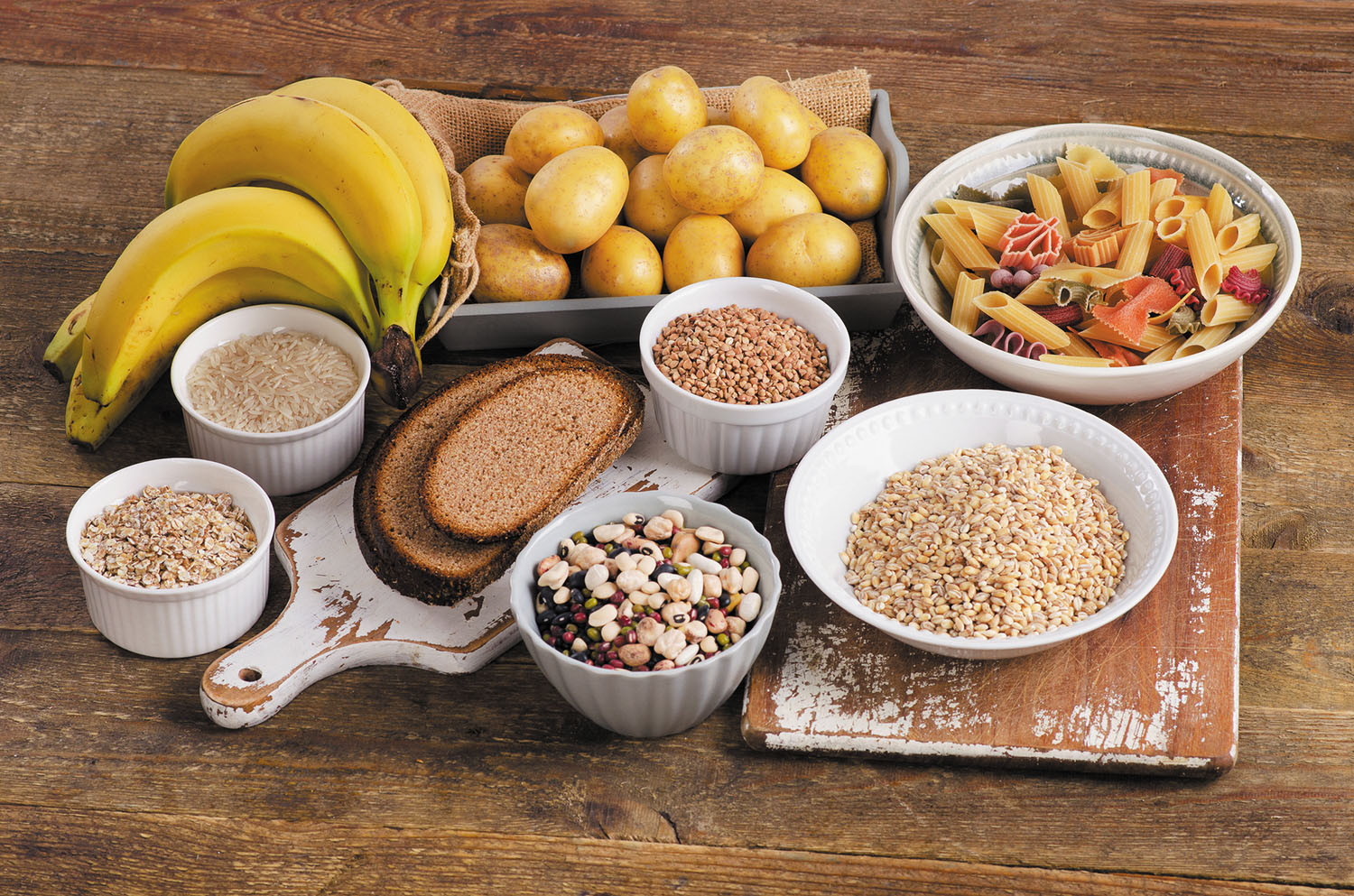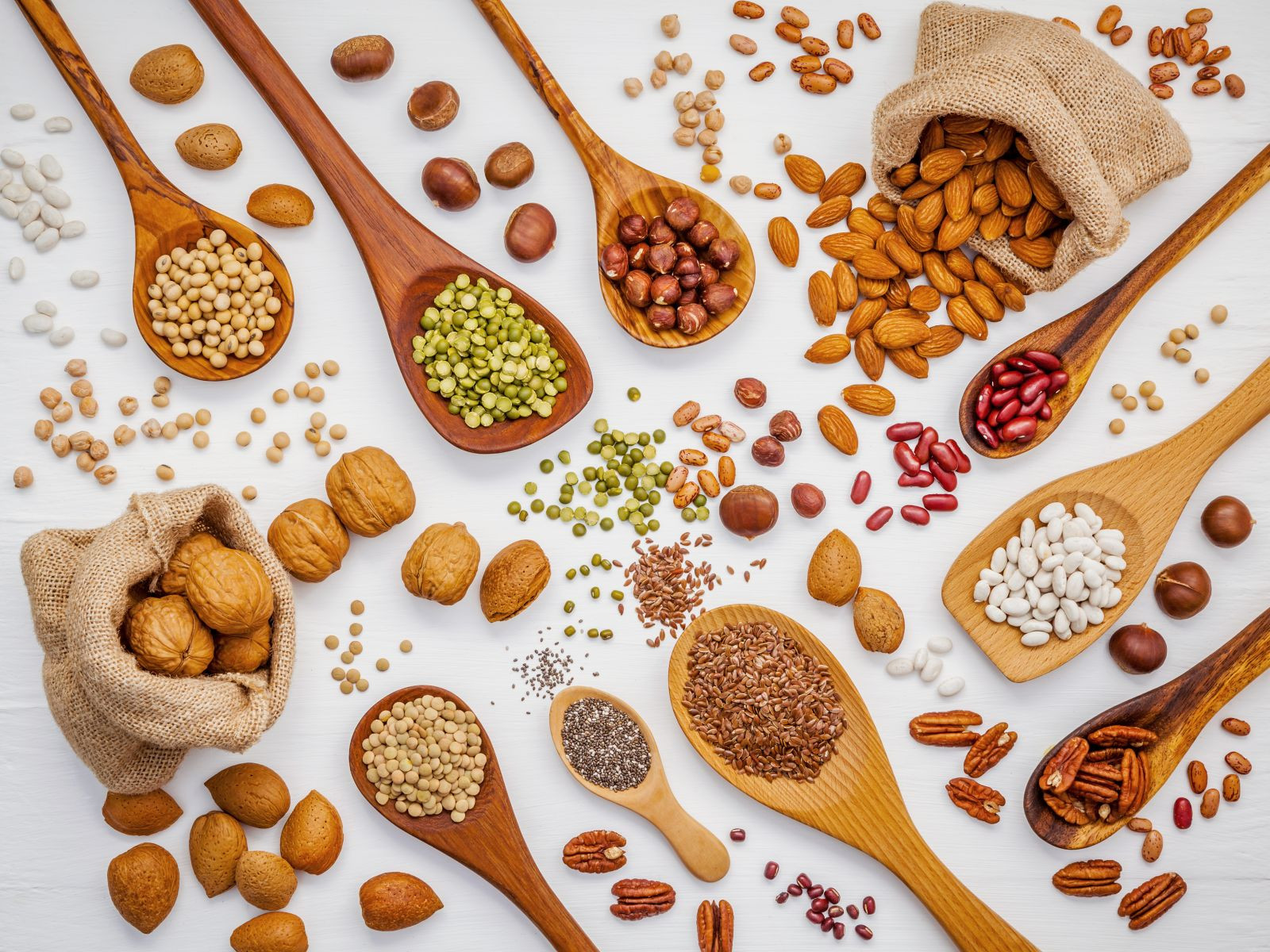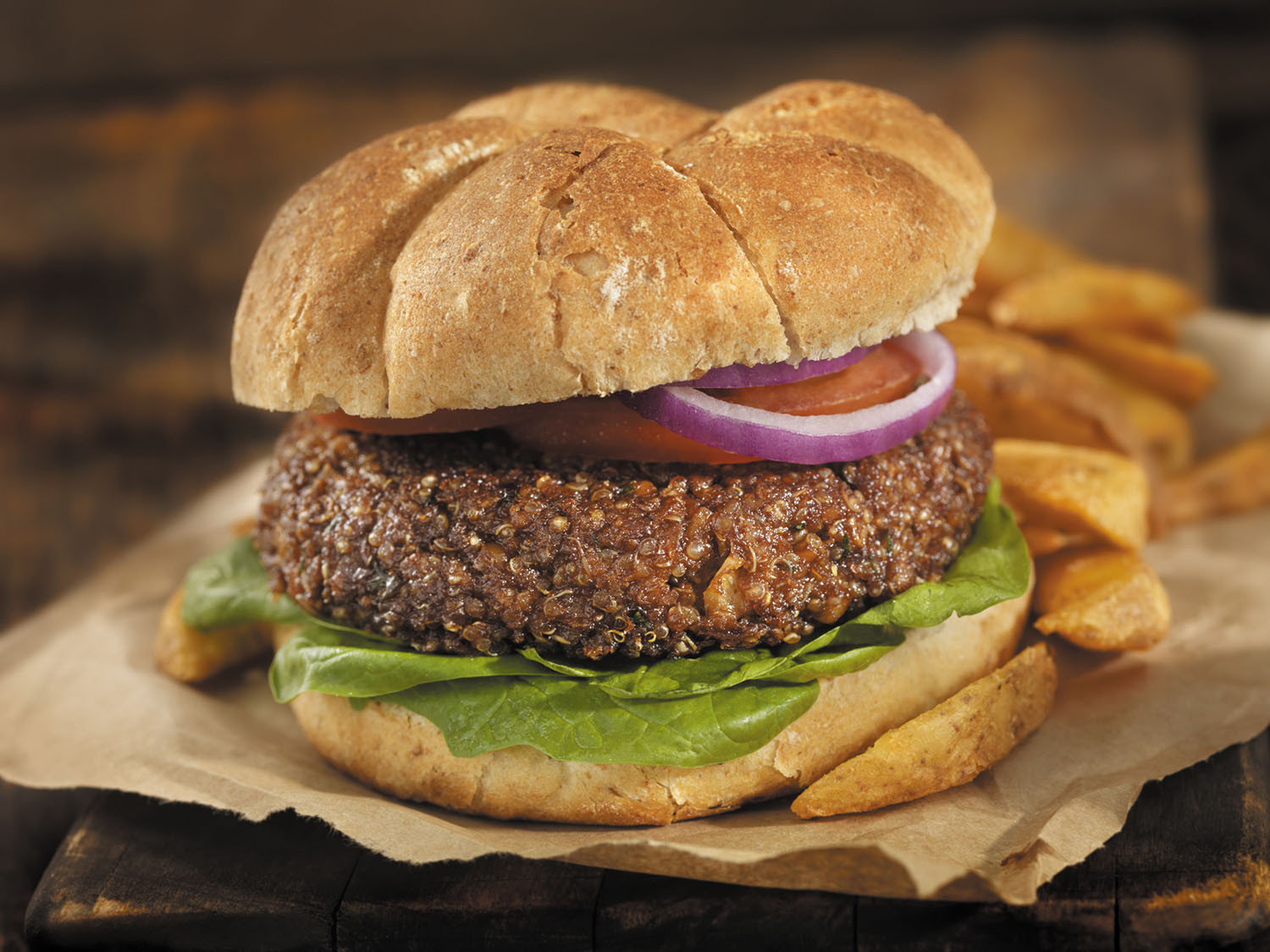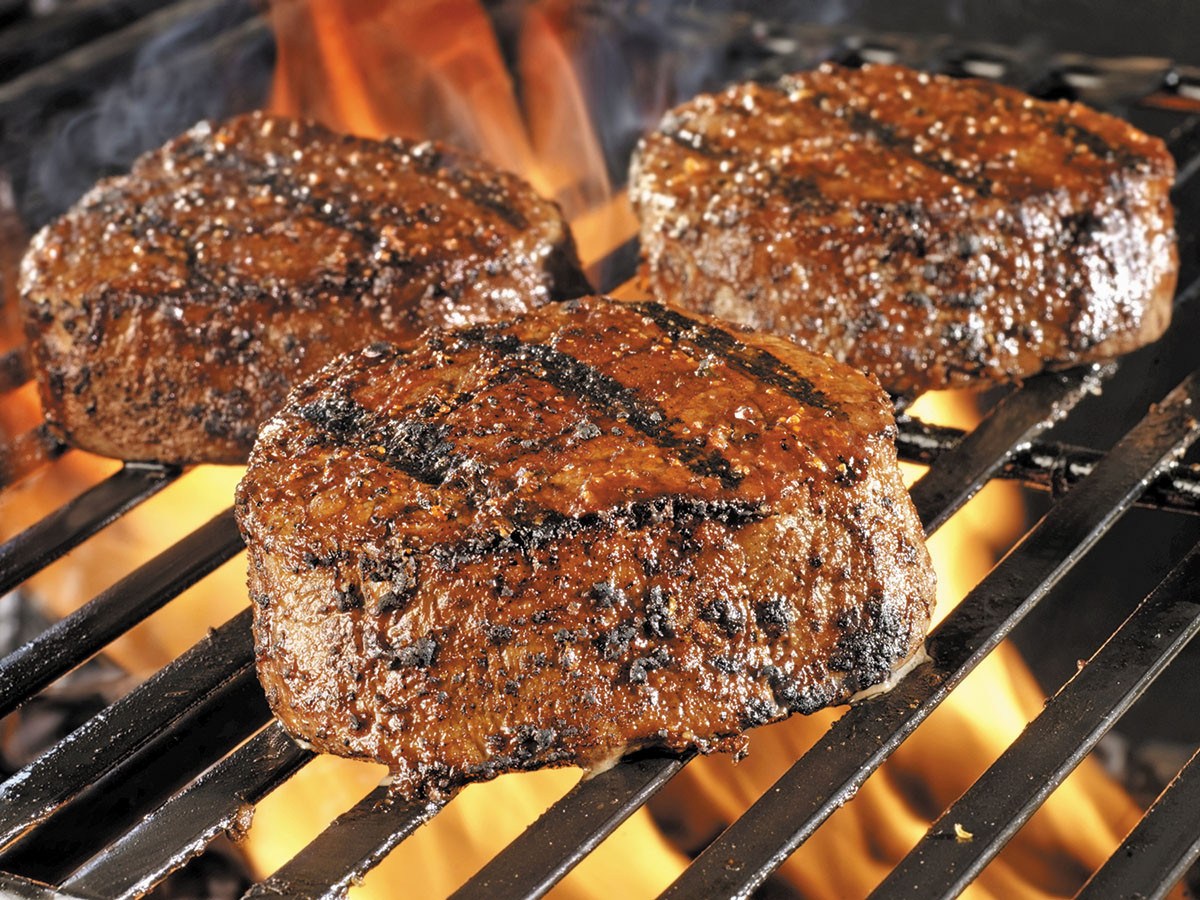
5 timeless habits for better health

What are the symptoms of prostate cancer?

Is your breakfast cereal healthy?

When pain signals an emergency: Symptoms you should never ignore

Does exercise give you energy?

Acupuncture for pain relief: How it works and what to expect

How to avoid jet lag: Tips for staying alert when you travel

Biofeedback therapy: How it works and how it can help relieve pain

Best vitamins and minerals for energy

Should you take probiotics with antibiotics?
Nutrition Archive
Articles
Plant-based fats: Better for the heart than animal fats?
Research we're watching
Monounsaturated fats — which fall under the umbrella of unsaturated fats — are found in olives, nuts, and avocados, as well as in meat and dairy products. Although some studies have found that diets rich in monounsaturated fat lower the risk of heart disease, others have not.
But the source of the fat appears to make a difference. That's according to researchers at the Harvard T.H. Chan School of Public Health, who studied dietary data from more than 90,000 people over an average of 22 years. Heart disease risk was lower when unhealthy saturated fat, refined carbohydrates, or trans fat was replaced by plant-based monounsaturated fat, but not by animal-based monounsaturated fat. Higher intake of the plant-based fats was associated with a 16% lower risk of dying from any cause. In contrast, higher intake of the animal-based fats was linked to a 21% higher risk of dying from any cause.
The smart way to look at carbohydrates
While the low-carb diet trend is still going strong, experts suggest you pay more attention to quality, not quantity.
Image: © bit245/Getty Images
Over the years, carbohydrates have become nutritional villains. It seems everywhere you look, people advise you to watch carbs, cut carbs, or go low-carb. But you need carbs — and more than you may think.
Dietary carbs provide the body's primary energy source, glucose, which fuels everything you do, from breathing to thinking to running.
A personalized approach to preventing Alzheimer’s disease
These strategies may offer greater protection.
Image: © shapecharge/Getty Images
While there's no cure for Alzheimer's disease, ongoing research has suggested there may be ways to lower your risk.
"Much of the existing science supports how certain behavioral changes made in middle age can protect people as they grow older," says Dr. Kirk Daffner, director for the Center for Brain/Mind Medicine at Harvard-affiliated Brigham and Women's Hospital. "However, there is evidence that adopting certain healthy lifestyle habits can benefit older adults too."
Eating more of some dietary fats can fight heart disease
In the journals
Choosing better sources of fat can go a long way toward preventing heart disease, according to research recently presented at the American Heart Association's Epidemiology and Prevention — Lifestyle and Cardiometabolic Health Scientific Sessions 2018.
The research team analyzed data from 63,412 women from the Nurses' Health Study and 29,966 men from the Health Professionals Follow-up Study. Both studies used detailed food-frequency questionnaires administered every four years to evaluate the participants' diets. During an average 22 years of follow-up, there were 20,672 deaths among participants — 4,588 of them from heart disease.
Does a vegetarian diet automatically help you lose weight?
Ask the doctors
Image: © Lauri Patterson/Getty Images
Q. My sister insists that I will automatically lose weight if I become a vegetarian. Is this true?
A. While switching to a vegetarian diet can bring health benefits, including weight loss, it doesn't always. After all, cupcakes, cookies, and candy are technically vegetarian foods — but not necessarily ones that will improve your health or help you shed pounds. That said, a well-constructed and healthy plant-based vegetarian diet can help you lose weight over time, provided you make good food choices and reduce the number of calories you normally eat. The USDA notes that a healthy vegetarian eating plan includes a variety of nutrients, including protein sources to make up for meat options you are cutting out. Some good substitutions are beans, nuts, and soy products. Beyond making sure you get the right combination of nutrients, also focus on portion size and calories if you are looking to lose weight. Ultimately, keep in mind that a vegetarian diet, like any other, may help you lose weight, but it can also result in weight gain if you take in more calories than you burn off on a regular basis.
Summer grilling may raise blood pressure risk
Research we're watching
Image: © Lauri Patterson/Getty Images
Many people switch from stove to grill in the warmer months. But a new study links regular consumption of grilled meat to an elevated risk of high blood pressure. A study presented at the American Heart Association's 2018 Epidemiology and Prevention — Lifestyle and Cardiometabolic Health Scientific Sessions looked at more than 100,000 people in three different studies who ate at least two servings of beef, poultry, or fish each week.
They found that those who grilled their meat or broiled or roasted it at high temperatures more than 15 times each month had a 17% higher risk of high blood pressure than people who grilled, roasted, or broiled less than four times a month.
Are weight-loss drugs worth trying?
Image: Bigstock
Newer medications, which may be safer than earlier drugs, have expanded the options for treating obesity.
Obesity is now considered more than a risk factor for other conditions; it's a disease itself. It has been the subject of intense scientific and medical research to develop effective treatments. But the quest has been elusive.
Ways to dig out of a dietary rut
Trying new foods, cooking in batches, and inviting friends to dinner give mealtime some zing.
Image: © OksanaKiian/Getty Images
You may be bored if you're eating the same foods all the time. Even worse, you may be missing out on important nutrients from foods that aren't part of your regular diet. And if that's the case, you're not alone. "I see it a lot with older adults. Their diet isn't great. They get into a rut and cook simple meals, or they rely on prepared food," says dietitian Teresa Fung, adjunct professor in the nutrition department at the Harvard T.H. Chan School of Public Health.
Why the rut?
There are many reasons why people get into a menu rut or stop eating healthy, nutritious foods in older age. It may be that you're
Eating highly processed foods may raise cancer risk
News briefs
Prepackaged, processed foods are typically high in fat, salt, and sugar. If that's not enough to make you put down a cookie or resist a frozen dinner, consider an observational study published online Feb. 14, 2018, by The BMJ. It analyzed dietary questionnaire answers of 105,000 middle-aged men and women in France for five years. Foods were grouped according to degree of processing — that is, the amount of change the ingredients go through as food makers improve flavor, coloring, and shelf life. For example, dehydrated soups, baked goods, sugary cereals, processed meats, biscuits, and sauces were considered ultra-processed foods. Less processed foods included canned vegetables, cheeses, and freshly made unpackaged bread. Every 10% increase in consumption of ultra-processed foods was associated with a 12% higher risk for cancer in general and an 11% increased risk for breast cancer. No significant link was found to prostate or colorectal cancer. The study doesn't prove that ultra-processed foods cause cancer, but researchers say the cumulative effects of food additives remain largely unknown.

5 timeless habits for better health

What are the symptoms of prostate cancer?

Is your breakfast cereal healthy?

When pain signals an emergency: Symptoms you should never ignore

Does exercise give you energy?

Acupuncture for pain relief: How it works and what to expect

How to avoid jet lag: Tips for staying alert when you travel

Biofeedback therapy: How it works and how it can help relieve pain

Best vitamins and minerals for energy

Should you take probiotics with antibiotics?
Free Healthbeat Signup
Get the latest in health news delivered to your inbox!
Sign Up
